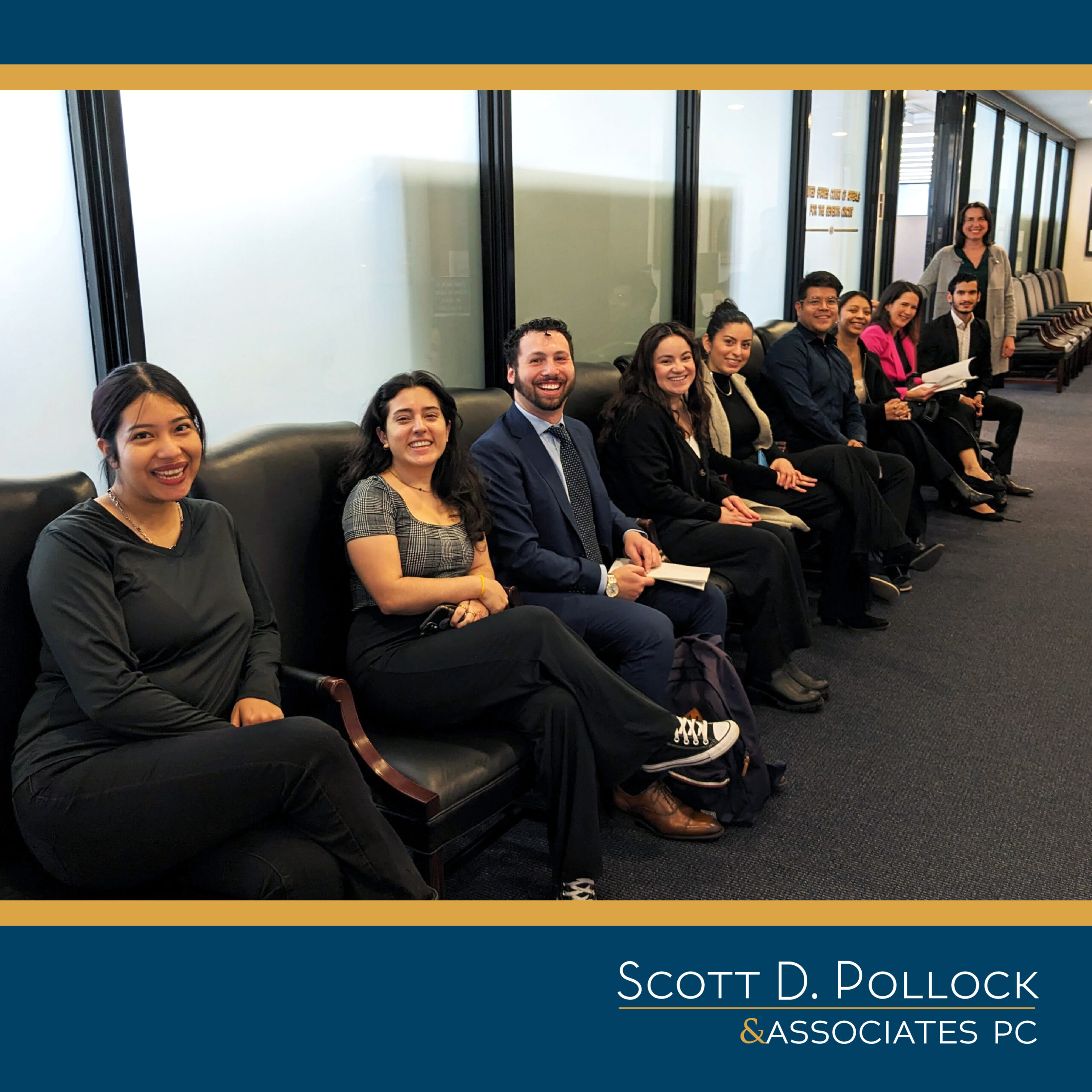Attorney Scott D. Pollock Fights for Religious Employees’ Immigration Rights

04/24/2024

Immigration Lawyer Chicago/ Resources/ News/ Attorney Scott D. Pollock Fights for Religious Employees’ Immigration Rights

Article by Scott D. Pollock & Associates, P.C. staff
04/24/2024
Immigration attorney Scott D. Pollock argues that visa restrictions have “had a traumatic impact” on foreign religious workers.
A recent hearing before the U.S. Court of Appeals for the Seventh Circuit could spark changes for religious institutions that employ foreign workers.
On April 16, 2024, Scott D. Pollock argued in favor of changing the U.S. Citizenship and Immigration Services rule that prevents religious workers from filing R-1 visa and Green Card applications simultaneously.
Under current law, churches and religious employers that sponsor workers through the special immigrant EB-4 visa category can only seek Green Cards after their immigrant petition is approved. However, other businesses that sponsor foreign workers can submit immigration petitions along with Green Card applications for permanent residency.
Religious institutions, led by the Society of the Divine Word, recently saw their suit in support of changing the rule dismissed in a district court. They are seeking a new decision based on their argument that the regulation puts them at a disadvantage secular U.S. businesses do not have.
The religious institutions first filed suit against USCIS in July 2021. They claimed that foreign ministers’ temporary R-1 visas expire before their Green Card applications are adjudicated, unfairly stripping them of work authorization. The institutions also allege that USCIS violates the Religious Freedom Restoration Act by substantially impeding the institutions’ ability to practice their religion.
Ministers and non-ministers who want to stay in the U.S. permanently may apply for an EB-4 immigration visa but must wait until these visas become available—forcing them to choose between abandoning their congregations or staying in the country illegally.
At the hearing, government attorney Aaron S. Goldsmith Aside claimed that there is nothing the court can do for religious institutions. Attorney Scott D. Pollock pushed back against this suggestion.
“Some [churches] have lost ministers for years because they were complying with the rules and were counseled to send their ministers abroad. Some of them are still waiting for their ministers to return to the United States,” Pollock said. “And when people go to church or temple and the selected minister is not there, then the church is really not fulfilling its basic function.”
Chicago green card attorney Scott D. Pollock spoke in support of his client’s claim, suggesting that the regulation is discriminatory both in practice and enforcement. In particular, he claimed that other immigrants in the EB-4 category are exempt from penalties for visa overstays and work authorization expiration.
“It’s really only the religious workers that are treated differently and are forced to give up their ministry or face penalties for unauthorized employment,” Pollock said.
The case is ongoing in the U.S. Court of Appeals for the Seventh Circuit. [Society of the Divine Word v. USCIS et al., case number 23-2787.]

Scott D. Pollock and Associates team supports their client in District Court.
View Similar Articles